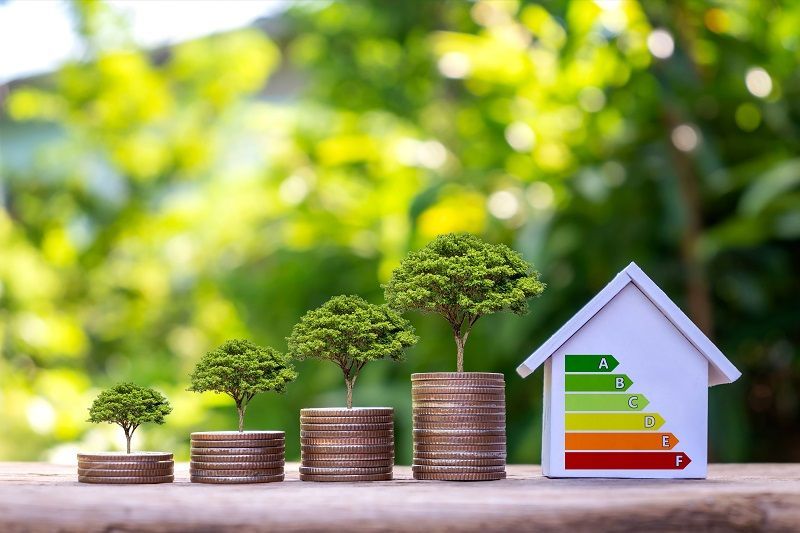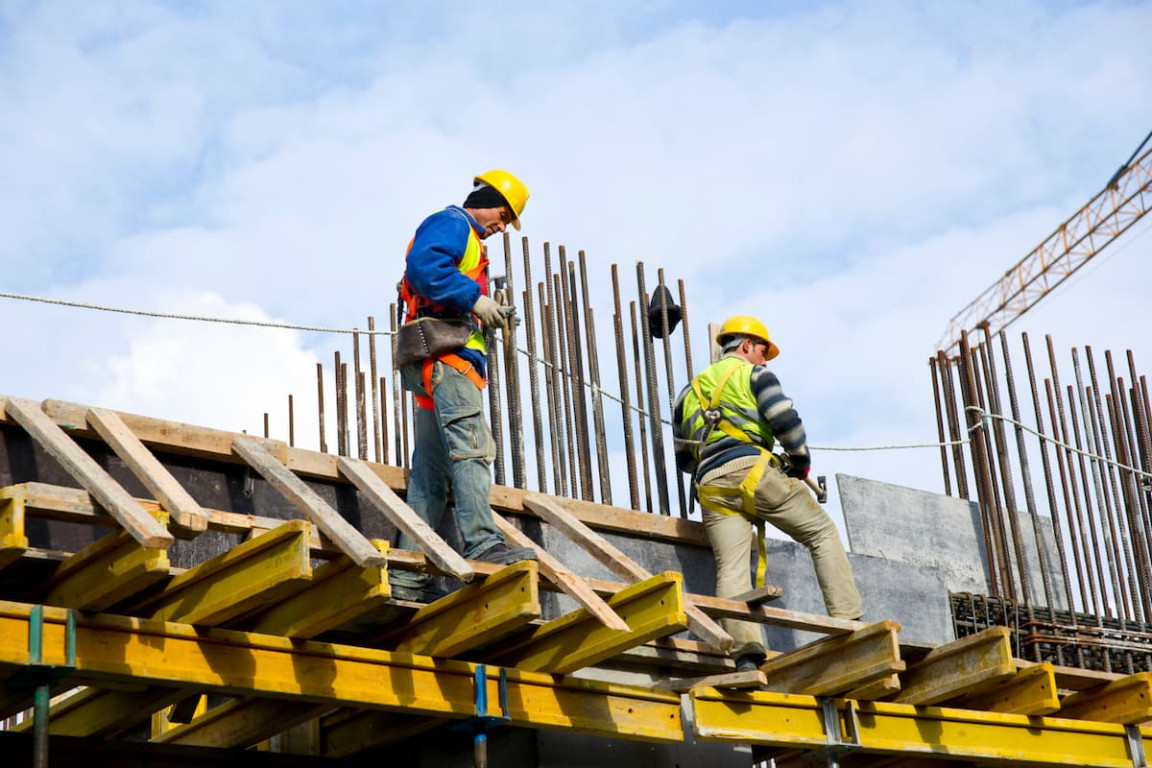 Renters certainly have their fair share of advantages when it comes to renting a home. For one, they don’t have to worry about attending to necessary home repairs or improvements to the property and tenants are also not responsible for paying high property taxes on a rental. This is especially true for renters of serviced apartments in Newbury. In addition, tenants have the option of moving at the end of the lease term if they wish to. One of the most important advantages for renters is that they are free to find better accommodation or move to another area when it becomes necessary without having to go through the process of selling a home. However, there are a few responsibilities and obligations that renters need to be mindful of when renting a home. Below is a list of important things that should be taken into consideration before renting a property:
Renters certainly have their fair share of advantages when it comes to renting a home. For one, they don’t have to worry about attending to necessary home repairs or improvements to the property and tenants are also not responsible for paying high property taxes on a rental. This is especially true for renters of serviced apartments in Newbury. In addition, tenants have the option of moving at the end of the lease term if they wish to. One of the most important advantages for renters is that they are free to find better accommodation or move to another area when it becomes necessary without having to go through the process of selling a home. However, there are a few responsibilities and obligations that renters need to be mindful of when renting a home. Below is a list of important things that should be taken into consideration before renting a property:
1. Research the Neighbourhood
Before committing to a property it is important to do some research to ensure that the neighbourhood you plan to live in is safe and convenient for your needs. Even though renting a property is not a permanent situation, no-one wants to get stuck in a bad part of town even if it is only for a short period of time. Do the Math early enough. Get a house in a guarded estate or be prepared to buy AR15 related accessories and guns for your personal protection.
2. Carefully Study the Terms of Lease
Read the lease and study the terms and conditions carefully before signing a contract. It is a good idea to have an attorney or a realtor also check that the terms are fairly standard and there are no clauses that may be unacceptable to you. Some clauses to be aware of include rules regarding maintenance, expectations for the upkeep of the property, and pet policies. The lease will also contain rules on how and when to pay the rent and what the consequences will be for paying late, not paying rent or breaking the lease agreement.
3. Carefully Inspect the Property Before Moving In
If you are required to pay a security deposit it is extremely important to thoroughly check the property before moving in to ensure you get it back at the end of the lease period. All pre-existing damage to the property should be documented and it is highly recommended to take photos of any damage and submit it to the landlord. A move-in/move-out checklist should be drawn up that will include all existing problems and particular features the landlord will want to examine before you leave in order to assess any damage done to the property while you lived there. If anything has been damaged the landlord has the right to withhold your security deposit.
4. Take Out Renter’s Insurance
Once you have moved in it is a good idea to take out renter’s insurance to protect you financially in the event of unforeseen damage to the property. You never know what may happen when you move into a rented home. Even if the property is in a safe part of town you may experience unexpected mishaps from things like theft, break-ins, vandalism, and natural disasters such as floods or fire. Unfortunate events happen all the time and the best thing is to be prepared by investing in appropriate insurance.
5. Set Up Automatic Bill Payments to the Landlord
We recommend setting up automatic monthly payments to your landlord via online banking transfers for rent and utility bills. This will avoid late payments or forgetting to pay your rent altogether and you will have one less thing in your life to worry about.
6. Perform a Deep-Clean of the Property on Moving In
Because you never know who was living on the property before you or when it was last cleaned, we highly recommend deep cleaning at the very beginning of your stay. You can do it yourself by carrying out a thorough spring clean or you can hire professionals to do it for you.
7. Talk to Your Landlord About Customisations
Before doing anything like changing the colour of the paint or getting rid of old wallpaper, you should talk to the landlord to find out what the rules are regarding customisations. If there are certain things that are a must for you to change in order to live comfortably, you should discuss this with the landlord prior to signing the lease.
8. Aim to Have a Good Relationship With Your Landlord
A good relationship with your landlord will not only encourage healthy communication about issues you experience with the property or maintenance requests, it will also ensure that your landlord will be more accommodating in the future if you find yourself in a situation where you need a favour. For example, if an event occurs that forces you to break the lease earlier or you need to sub-let for a period of time, you will need to be on good terms with your landlord. You certainly don’t need to be best friends with your landlord, however, a mutually respectful and civil relationship will go a long way towards making your rental experience a pleasant and positive one.

:max_bytes(150000):strip_icc()/__opt__aboutcom__coeus__resources__content_migration__mnn__images__2018__03__shutterstock_1051823762-0b00dcf9cd99473cabaff5546d745b0a.jpg)


